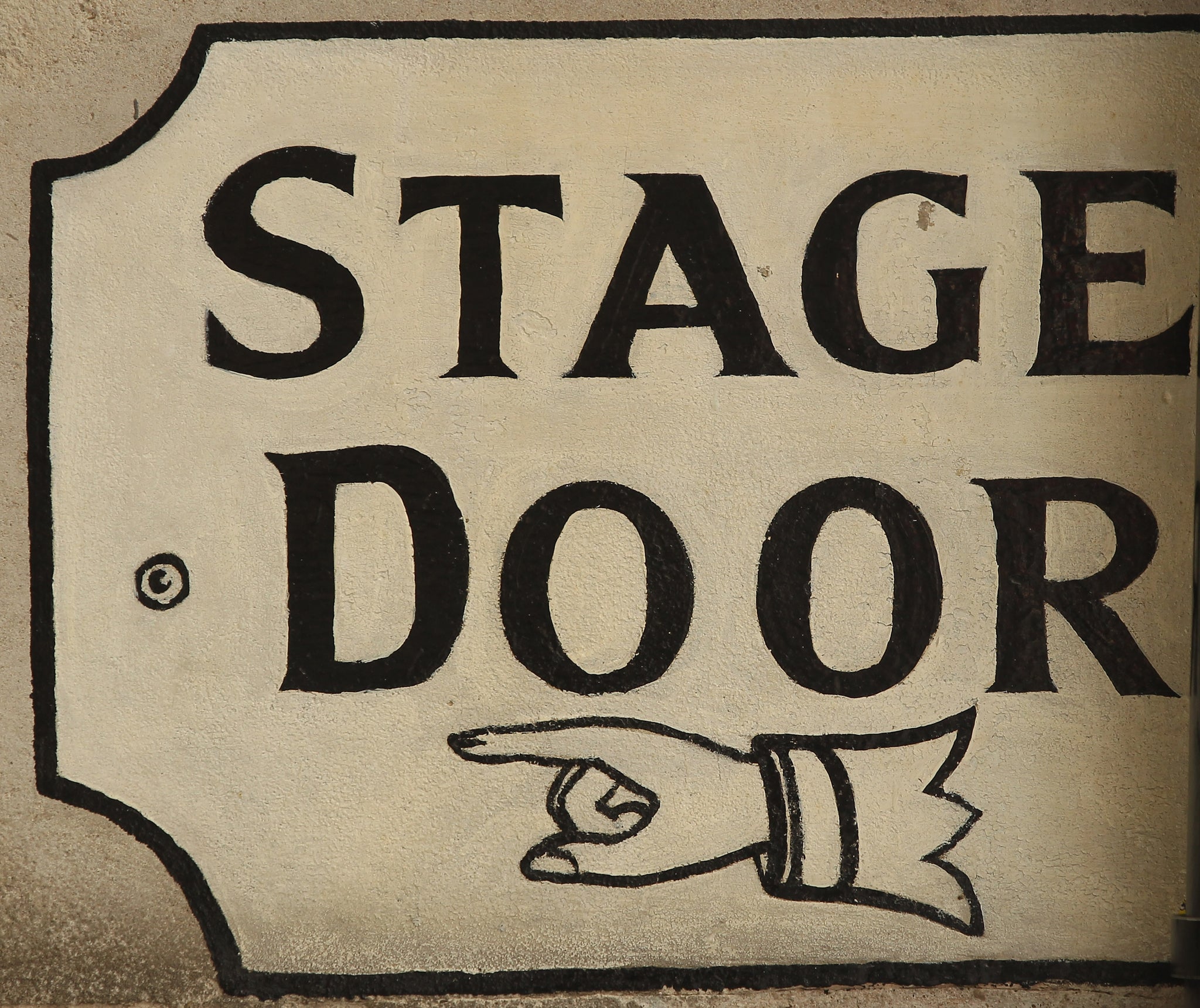Fringe London theatres under threat despite a flourishing West End

Your support helps us to tell the story
From reproductive rights to climate change to Big Tech, The Independent is on the ground when the story is developing. Whether it's investigating the financials of Elon Musk's pro-Trump PAC or producing our latest documentary, 'The A Word', which shines a light on the American women fighting for reproductive rights, we know how important it is to parse out the facts from the messaging.
At such a critical moment in US history, we need reporters on the ground. Your donation allows us to keep sending journalists to speak to both sides of the story.
The Independent is trusted by Americans across the entire political spectrum. And unlike many other quality news outlets, we choose not to lock Americans out of our reporting and analysis with paywalls. We believe quality journalism should be available to everyone, paid for by those who can afford it.
Your support makes all the difference.While West End theatres reported another record year in 2012, new figures reveal that beyond the bright lights of Theatreland half the capital’s small venues fear financial pressures could force them out of business.
A new report called Centre Stage, compiled by the London Assembly, has found the city’s fringe theatre is under threat from rising rents and maintenance costs, a fall in consumer spending and arts funding cuts. Many landlords are also looking at selling venues to take advantage of London’s soaring property prices.
Of the 105 small theatres in the city covered by the report, 50 per cent said they were “insecure” about the future, while one in five felt “very insecure”. As many as a third of theatre managers said their venues were at risk of being be sold off or converted by developers in the foreseeable future.
Tom Copley led the investigation into the issues facing London’s smaller venues on behalf of the London Assembly’s economic committee. He said it was clear that the smaller venues “are facing real difficulties” especially at a time when landlords increasingly feel it would be more lucrative to redevelop sites into luxury apartments.
He continued: “It would be a terrible loss to the capital if these venues were allowed to disappear.”
London has close to 200 theatre venues and over 32,000 theatrical performances each year, according to the World Cities Culture Report. Its major commercial and subsidised theatres shrugged off the “Olympic effect” with the ninth successive year of record box office returns, according to the Society of London Theatre.
Yet the report found a different picture outside Theatreland. Mr Copley said: “We could see the real renaissance of small theatres in London coming to an end. Then over time there will be a decline if nothing is done, which will harm London’s cultural landscape.”
The report is partly a call to arms to protect the capital’s small theatres, including lobbying the Mayor to appoint a new ambassador to bring the sector together to respond to the raft of challenges.
It sets out suggestions to help put the groups on more secure financial footing, boost audiences and make it easier for them to raise funds to repair the buildings.
Among the recommendations is that small theatre groups should protect their buildings by getting their names on lists of “assets of community value”. This would them a six-month window to bid for a venue should the owner decide to sell.
More small groups should apply for Arts Council funding, while the Greater London Authority should set up a fund to help theatres in an attempt to draw in philanthropic support it said.
The report also calls on Transport for London to enable venues to advertise in tube, rail and tram stations by replacing out-of-date poster or filling empty spaces with promotional material for local productions. Venues should combine marketing efforts, it added.
“These are places where actors, producers and directors hone their skills and where hundreds of new productions are staged every year,” Mr Copley said.
Join our commenting forum
Join thought-provoking conversations, follow other Independent readers and see their replies
0Comments